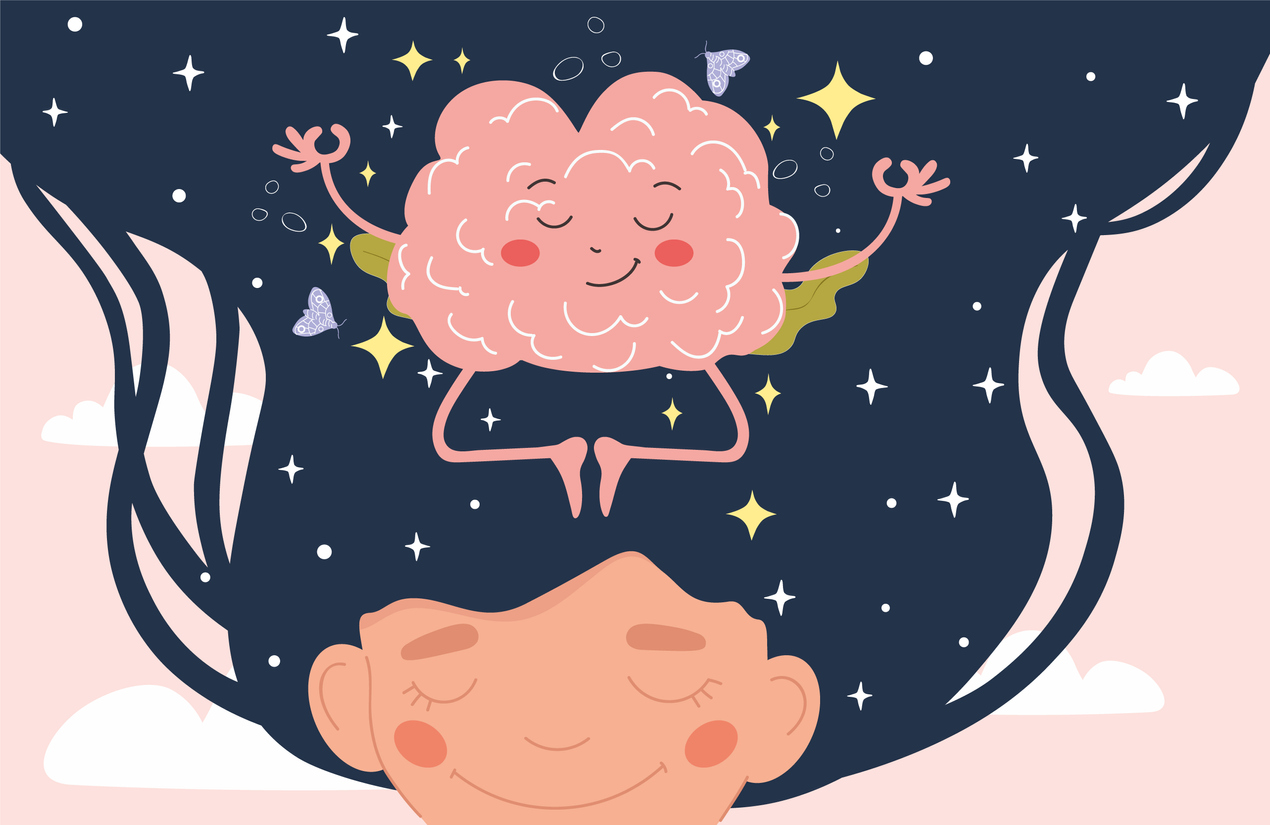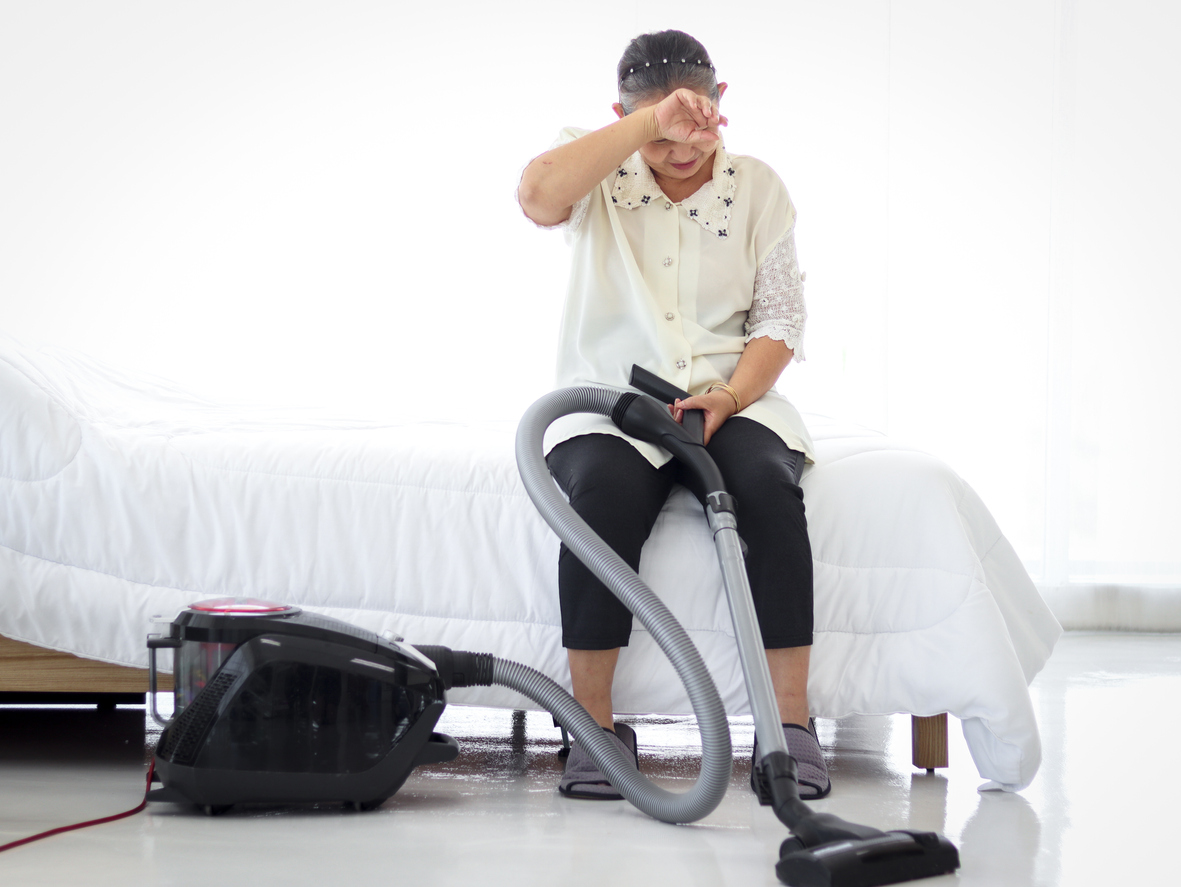Living with Chronic Pain
Mental Health Benefits of Physical Activity

Physical activity improves health, such as reduced blood pressure, enhanced weight maintenance, improved sleep, and decreased risk of cardiovascular disease. However, physical activity is also beneficial to mental health and emotional wellbeing. Stress hormone, endorphin, and serotonin levels change with physical activity, which improves mood, coping abilities, and self-esteem.
Anxiety
Anxiety disorders are a group of mental health conditions that are characterized by persistent and overwhelming feelings of worry and fear. Physical activity helps reduce these anxious feelings by releasing endorphins, the “feel good” chemicals, in the brain. Regular physical activity also enhances the sense of well-being.
Depression
Depression involves feelings of sadness, hopelessness, and loss of interest in activities. Physical activity releases endorphins, reducing the risk for developing depression and improving depressed moods. It lowers the risk of a relapse of depression once it has been treated. Ph
ysical activity can also interrupt the negative thoughts that tend to fuel depression.
Stress
Stress is the body’s emotional, mental and physical response to any change that requires adaptation or reaction. The stress response releases chemicals and hormones in the body to help fight a stressor or run away from it (fight or flight). Regular physical activity lowers cortisol, a stress hormone. A mood-enhancement effect is experienced within five minutes of beginning physical activity, which sheds tension and stress.
Quality time
There are also indirect ways that physical activities benefit mental health. Being active provides an opportunity to spend time outdoors or with family members and friends, which can positively impact mental health. It can furnish time to clear the mind of worries and focus on the present.
Sleep
Obtaining quality sleep is an important part of mental well-being. Physical activity helps normalize sleep by lowering stress and promoting feelings of calmness. As serotonin levels are increased, the biological clock is enhanced, which makes falling asleep easier. Improved sleep also provides additional energy.
Additional source: Office of Disease Prevention and Health Promotion: U.S. Department of Health and Human Services


















